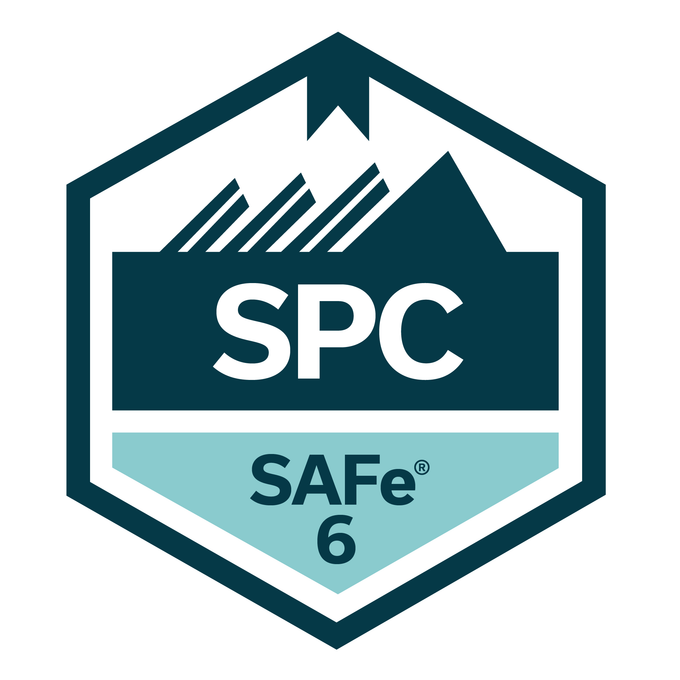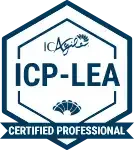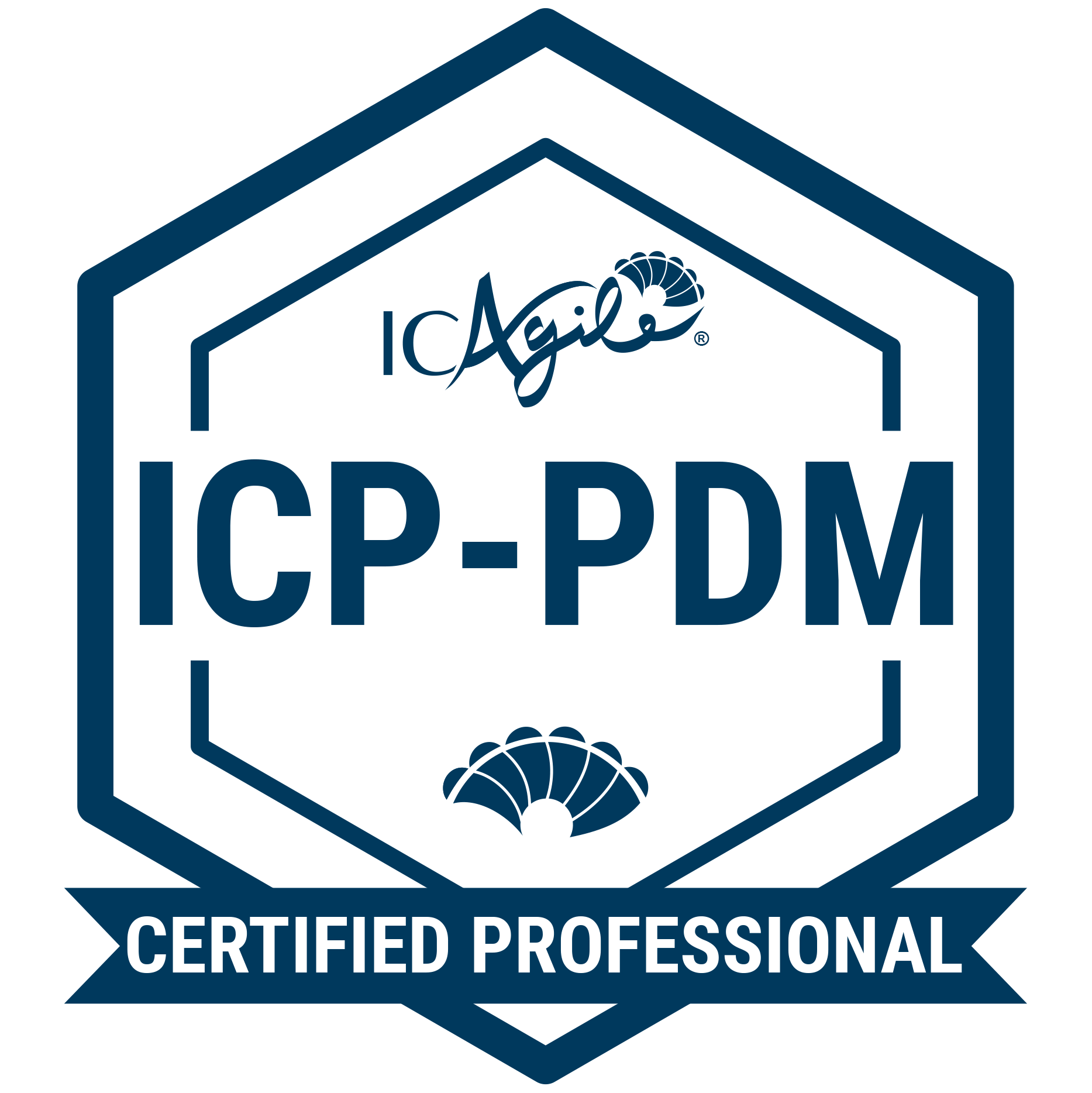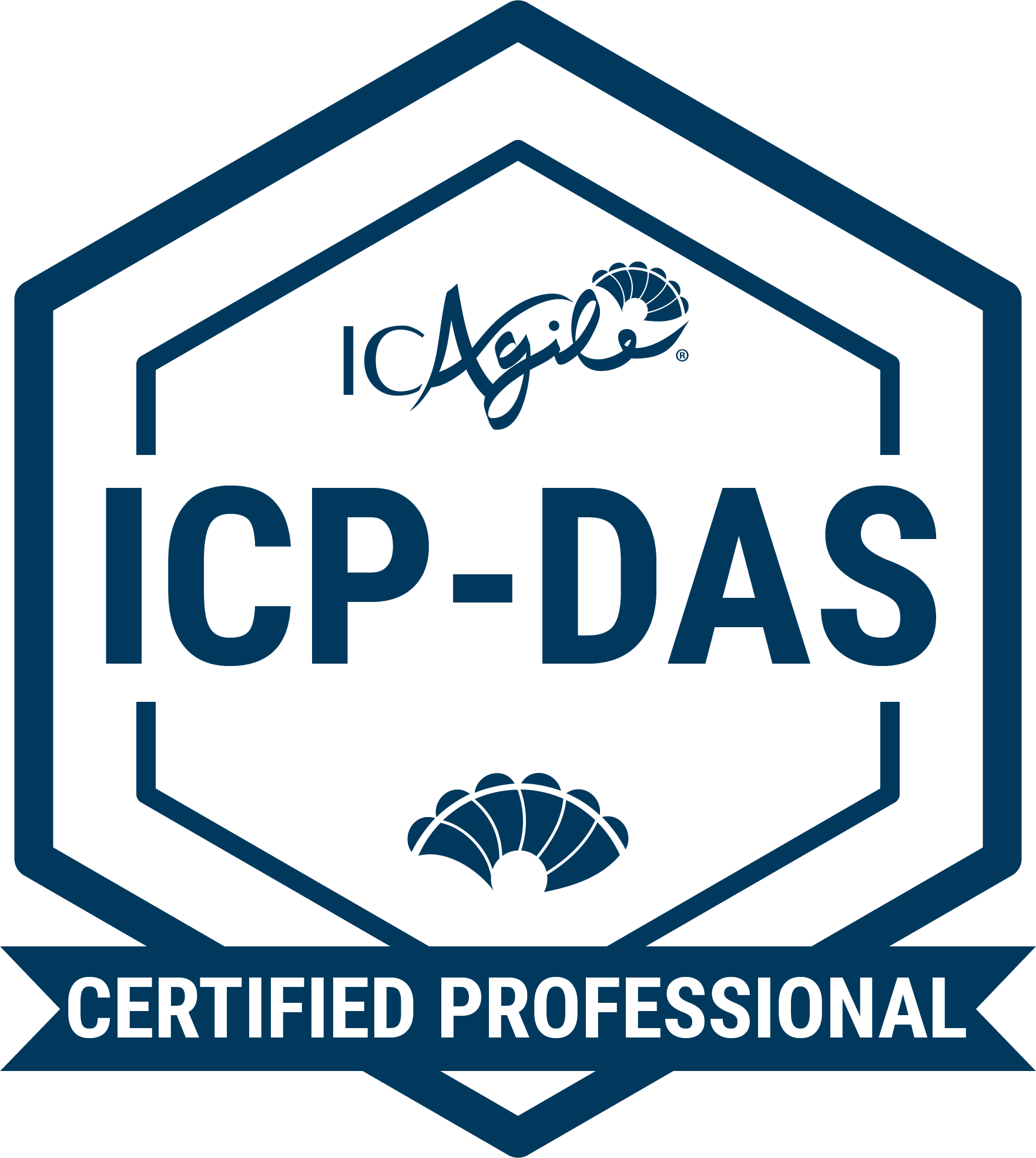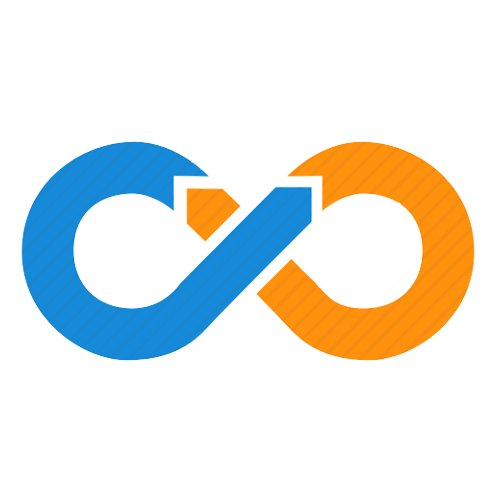Setting clear and measurable goals is crucial for driving success and maintaining focus.
One of the most effective frameworks for achieving this is Objectives and Key Results (OKRs).
Originally popularized by tech giants like Google, OKRs have become a go-to strategy for organizations of all sizes and industries to align their teams and track progress.
But what exactly are OKRs, and how OKR can help your organization?
In this blog, we'll explore OKRs, exploring steps of how they help teams set ambitious yet achievable objectives and measure their success through specific key results.
Whether you're a seasoned professional looking to refine your goal-setting process or new to the concept, this guide will provide valuable insights into how OKRs can transform your work and drive your organization toward greater achievements.
What is an OKR?
Objectives and Key Results (OKRs) is a goal-setting framework that helps organizations, teams, and individuals define and achieve measurable goals.
The framework consists of two main components:
1. Objectives: These are the specific, qualitative goals that an organization, team, or individual aims to achieve. Objectives should be ambitious, inspirational, and time-bound, providing a clear direction and focus. They answer the question, "What do we want to accomplish?"
2. Key Results: These quantitative measures are used to track progress toward achieving the objective. Key Results should be specific, measurable, attainable, relevant, and time-bound (SMART). They answer the question, "How will we know we are making progress toward the objective?"
Each objective typically has three to five key results, which provide concrete benchmarks for success.
For example, an objective might be "Increase customer satisfaction," with key results such as "Achieve a customer satisfaction score of 90%" or "Reduce customer response time to less than 24 hours."
The OKR framework encourages regular review and reflection, often every quarter, allowing teams to assess their progress and adjust their strategies as needed.
By linking individual and team goals with broader organizational objectives, OKRs help ensure alignment and focus throughout the organization, fostering a culture of accountability and continuous improvement.

Confused between OKRs and KPIs? In our latest blog, we break down the key distinctions, provide real-world examples, and help you choose the right framework for your goals.
Read MoreHow Do You Write Effective OKRs?
With a solid grasp of the fundamental principles behind setting effective OKRs, let’s explore how to craft them properly.
The approach remains consistent whether you’re creating OKRs for the organization, team, or individuals.
Here's a step-by-step guide to creating clear and impactful OKRs:
Step 1: Define Your Objectives
Begin by identifying your objectives.
Clearly articulate what you aim to accomplish using action-oriented and aspirational language that motivates.
Focus on the desired outcomes rather than the specific activities involved. Aim to set 3-5 objectives per level (organization, team, individual).
Example Objective: "Objective: Lead the market in cloud-based project management software."
Step 2: Identify Key Results for Each Objective
For each objective, outline 3-5 key results. Key results should be specific, measurable, and have a defined timeframe.
Use a combination of quantitative and qualitative metrics to set clear success targets. Assign ownership to ensure accountability.
Example Key Results:
1. Increase market share from 15% to 30% by the end of the fiscal year.
2. Achieve a Net Promoter Score of 60+ by the end of Q3.
3. Launch three new product features per quarter, informed by user feedback and usage data.
4. Boost the conversion rate from free to paid accounts from 5% to 15% by the end of Q4.
Step 3: Review and Refine Your OKRs
After drafting your OKRs, refine them to ensure they are both ambitious and realistic. Verify that each key result is measurable and has a clear target. Gather feedback from stakeholders and team members, and adjust your OKRs as necessary to align with evolving priorities.
Step 4: Communicate and Monitor Progress
Share your OKRs with all relevant teams and individuals, ensuring everyone understands how their efforts align with the objectives.
Use an OKR tracking tool or a spreadsheet to monitor progress and maintain transparency.
Schedule regular check-ins to review achievements, address any challenges, and adjust targets as needed. Celebrate wins and learn from setbacks.
Conclusion
In conclusion, mastering the art of writing effective OKRs is essential for aligning teams, driving progress, and achieving ambitious goals.
By clearly defining objectives, setting measurable key results, and maintaining a regular review process, organizations can foster a culture of transparency, accountability, and continuous improvement.
The OKR framework not only helps in setting clear priorities but also ensures that everyone is working towards common goals with a shared understanding of success.
As your organization embraces and refines its OKR practices, you'll find that this methodology can unlock new levels of performance and innovation, guiding your team to sustained success and measurable achievements.
Following these steps and best practices will enable you to write effective OKRs that drive your most critical business objectives and produce measurable outcomes.
Whether you’re part of a startup or an established organization, the OKR framework can elevate your performance and help you reach ambitious goals.
Did you know that companies using OKRs can see up to a 30% increase in performance?
In our SAFe® Agile Product Management (APM) Certification training, you'll learn how to effectively implement OKRs to align your team and drive impactful results. Discover the power of OKRs and elevate your product management skills! Enroll today!
Enroll Now






















